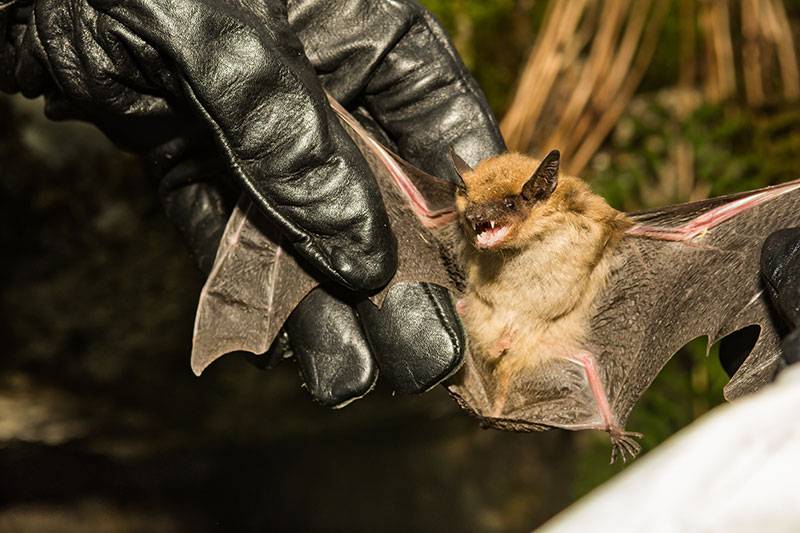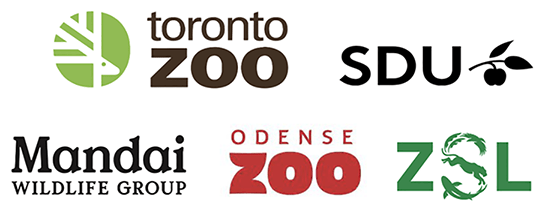As we scramble to assess the extinction crisis, researchers show the risk of making assumptions based on insufficient data.
More than a million species are at risk of extinction according to a new report on biodiversity. But even some species that aren’t considered endangered may be less safe than people think. A new study published in the Journal of Applied Ecology found that some methods for measuring a species’ generation time might underestimate the likelihood that some species will die out.
A species’ generation time is how long it takes for a generation to be replaced by its mature offspring. This is different for every species and dramatically impacts how quickly a species can respond to changes in their environment. If based on incomplete data or the wrong method, this can seriously distort how we assess the risk of extinction to a given species.
The generation time of a mouse is only a few months, whereas the African elephant has a generation time of 22 years. The longer the generation time, the slower a species can adapt to environmental changes and may, therefore, be more likely to go extinct.
The rate at which species are dying out today is at least 100 times as high as it should naturally be. As extinction rates accelerate, the tools used to measure the risk to different species need improving to give conservationists an accurate picture. That begins by replacing traditional assumptions with better tools.
Learn more at World Economic Forum publication WeForum.








